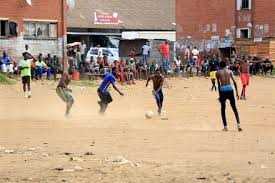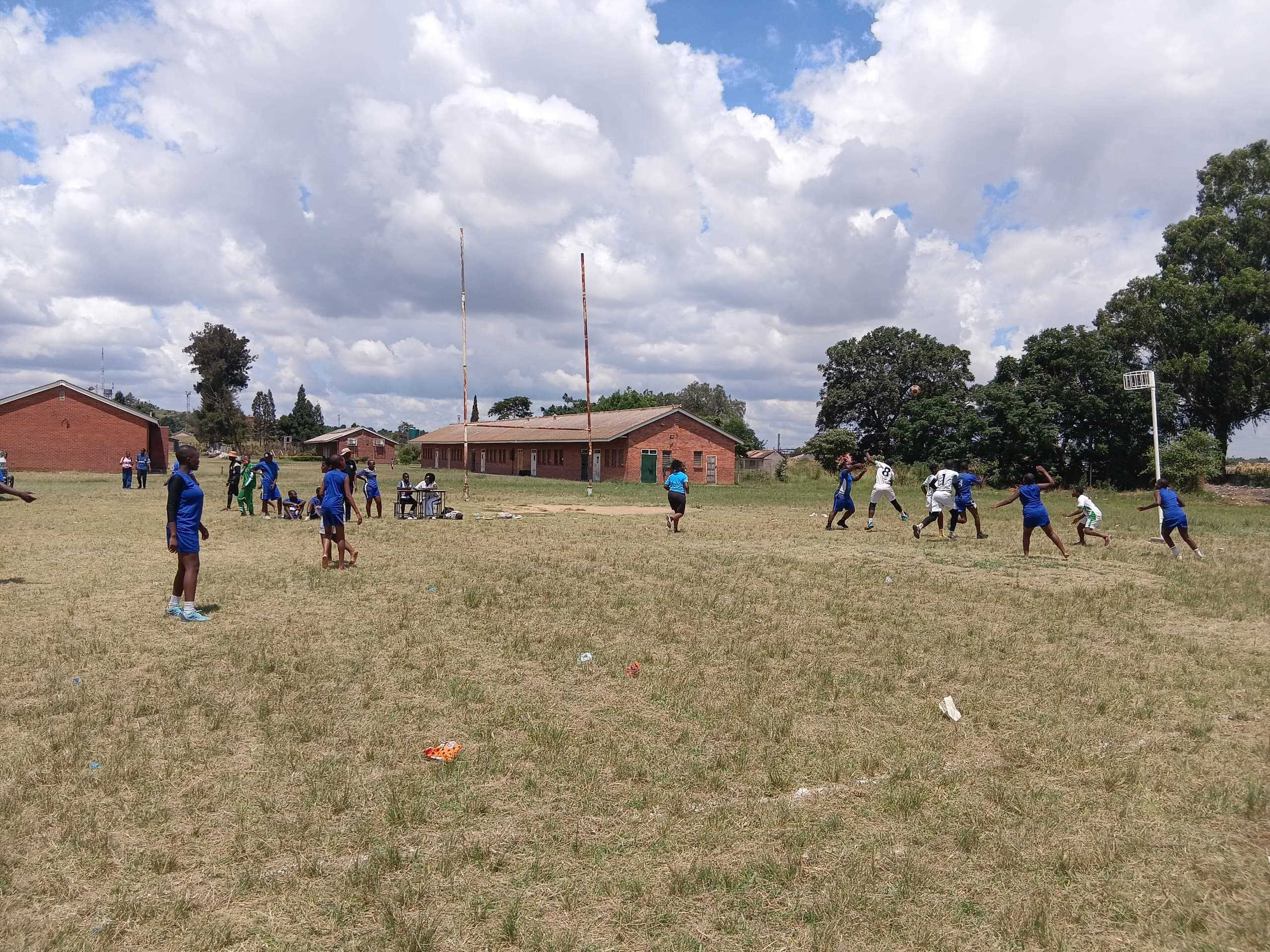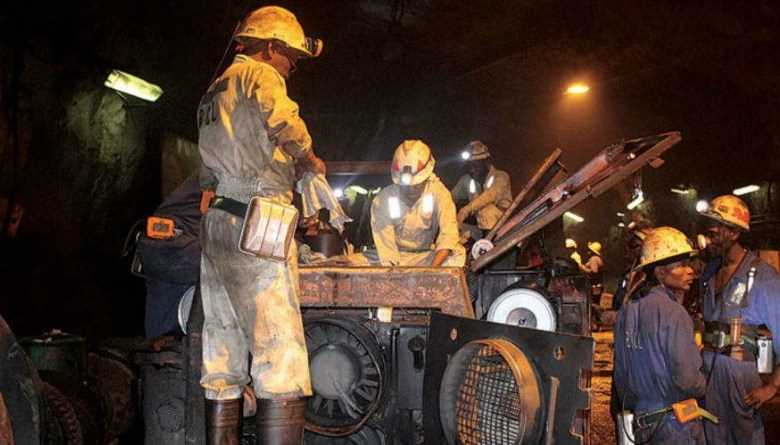
Oscar J Jeke
ZIM NOW REPORTER
In a world where greasy fast food beckons from every corner, a beautiful resistance has bloomed in Zimbabwe. Here, football isn’t just a beloved sport; it’s a weapon in the fight for a healthier, happier nation.
This isn’t your typical high-stakes tournament. Social soccer teams have sprung up across the country, uniting communities and individuals in a joyous war against chronic diseases and the insidious creep of drug abuse.
Gone are the days when evenings were wasted in smoky “boozers”. Now, laughter and cheers fill the air as teams from different neighbourhoods compete. The trophy? Secondary. The real victory lies in conquering obesity, diabetes, and a host of other ailments that plague modern life.
Related Stories
The movement has even infiltrated workplaces. Businesses, recognising the importance of employee well-being, have embraced worker health programmes. These programmes, often featuring social soccer leagues, not only educate participants but also foster a culture of vitality.
“Football brings unity,” declares Mr. Chuchu, chairman of the Matongo Social Club, in a vibrant interview with Zim Now. “But most importantly, it helps us fight diseases like obesity. You see people coming together, not for money, but for the sheer joy of kicking a ball. It’s far better than wasting away in bars.”
These social clubs are also proving to be potent antidotes for the rising tide of drug abuse among Zimbabwe’s youth. Often lured by peer pressure and the false allure of “coolness”, many young people fall prey to these dangerous substances. Social soccer offers a powerful counter-narrative.
One anonymous source, a young man who bravely spoke to Zim Now, shared his story. “Friends pressured me into drugs,” he confesses. “Smoking seemed trendy. But at what cost?” His redemption came through the beautiful game. A friend named Jayela introduced him to weekend football, a time commitment that squeezed out space for drug use. Now, a year clean, he embodies the transformative power of sport.
The high cost of rehabilitation, coupled with rampant unemployment, often pushes young people into these ghettos of addiction. Testimonies are hard to come by, shrouded in silence. But the consequences - wasted lives, drug-related deaths - paint a chilling picture.
Mukanya, a coach for a company social soccer team, sees the benefits first-hand. “My work demands energy,” he explains. “But others in the office, especially the bosses, sit all day. They need the exercise that football provides. Our company understands this. They not only installed a gym but also support our weekend games. They see the value in a healthy workforce.”



















Leave Comments